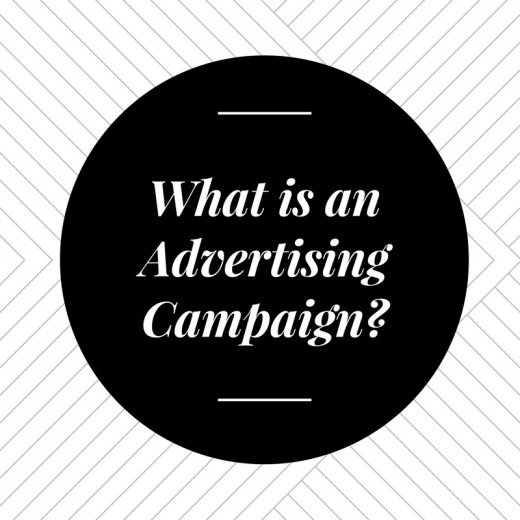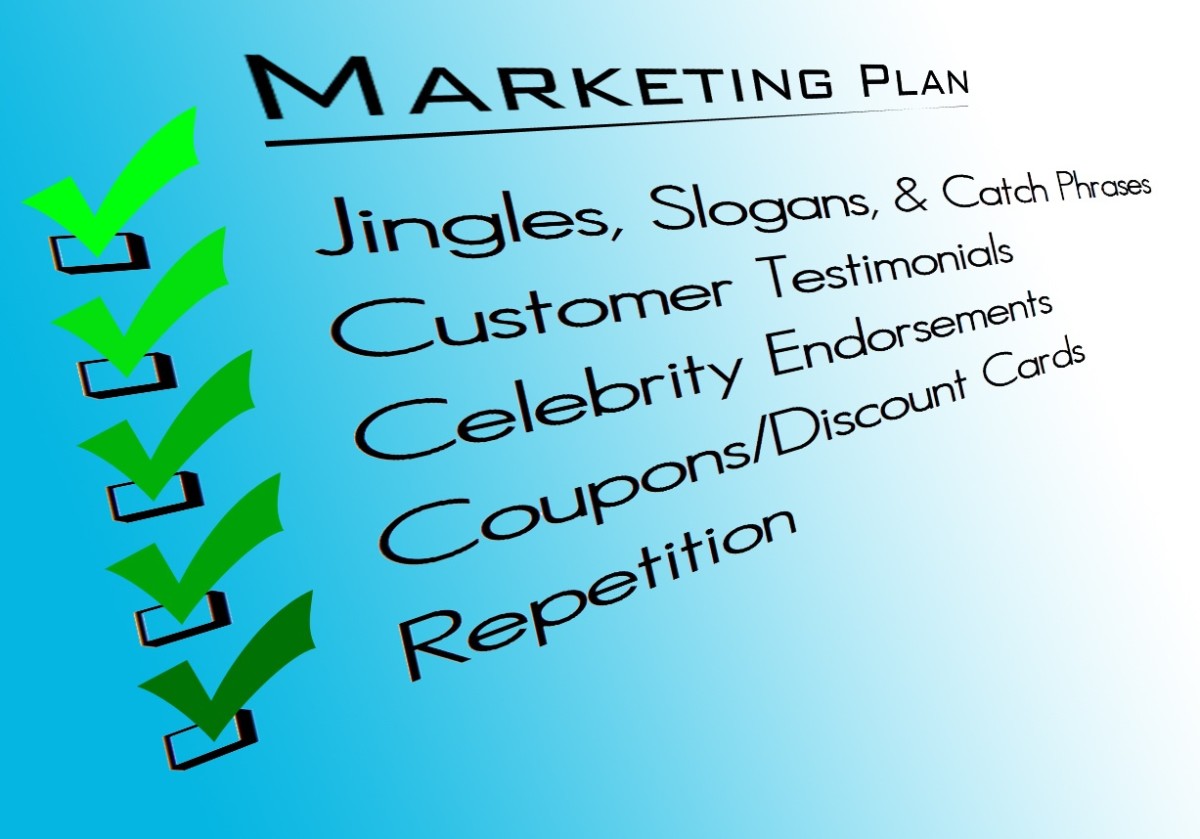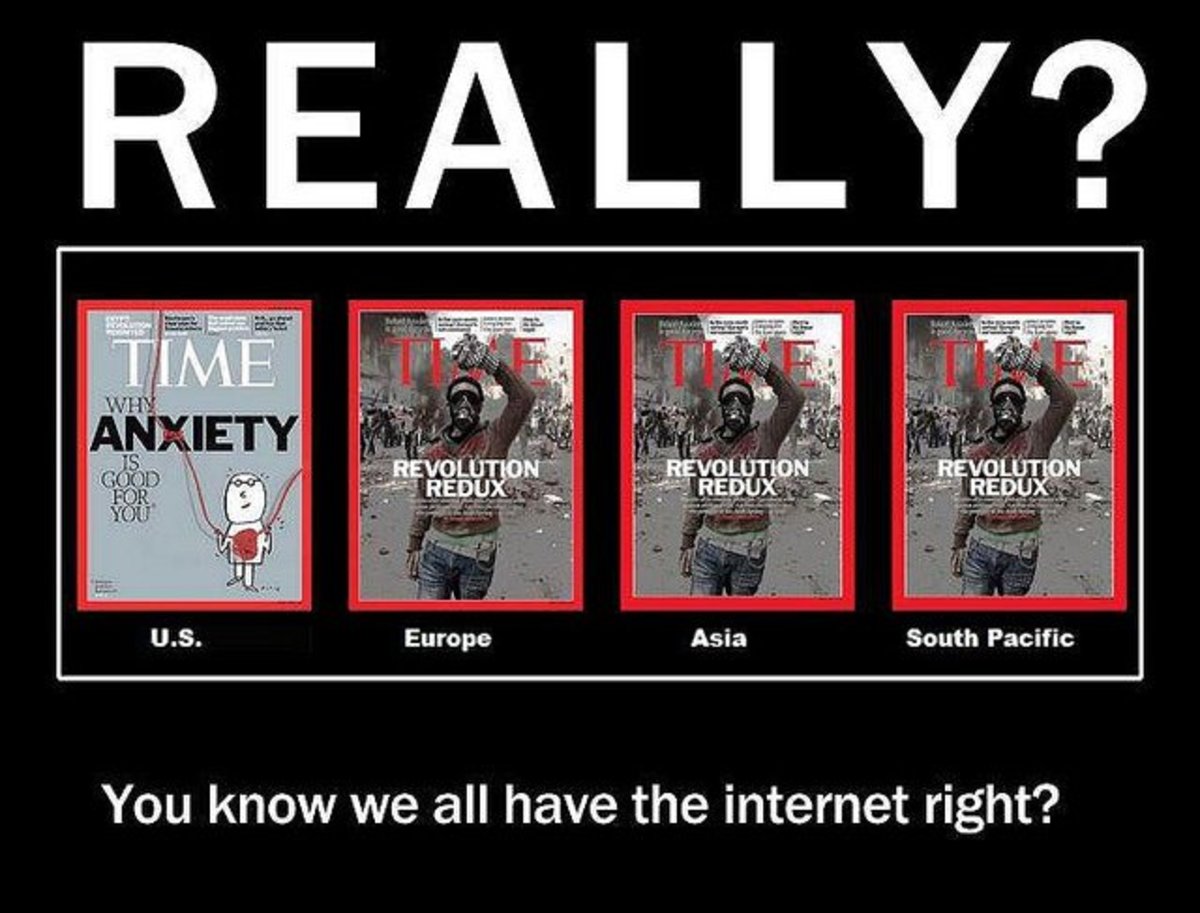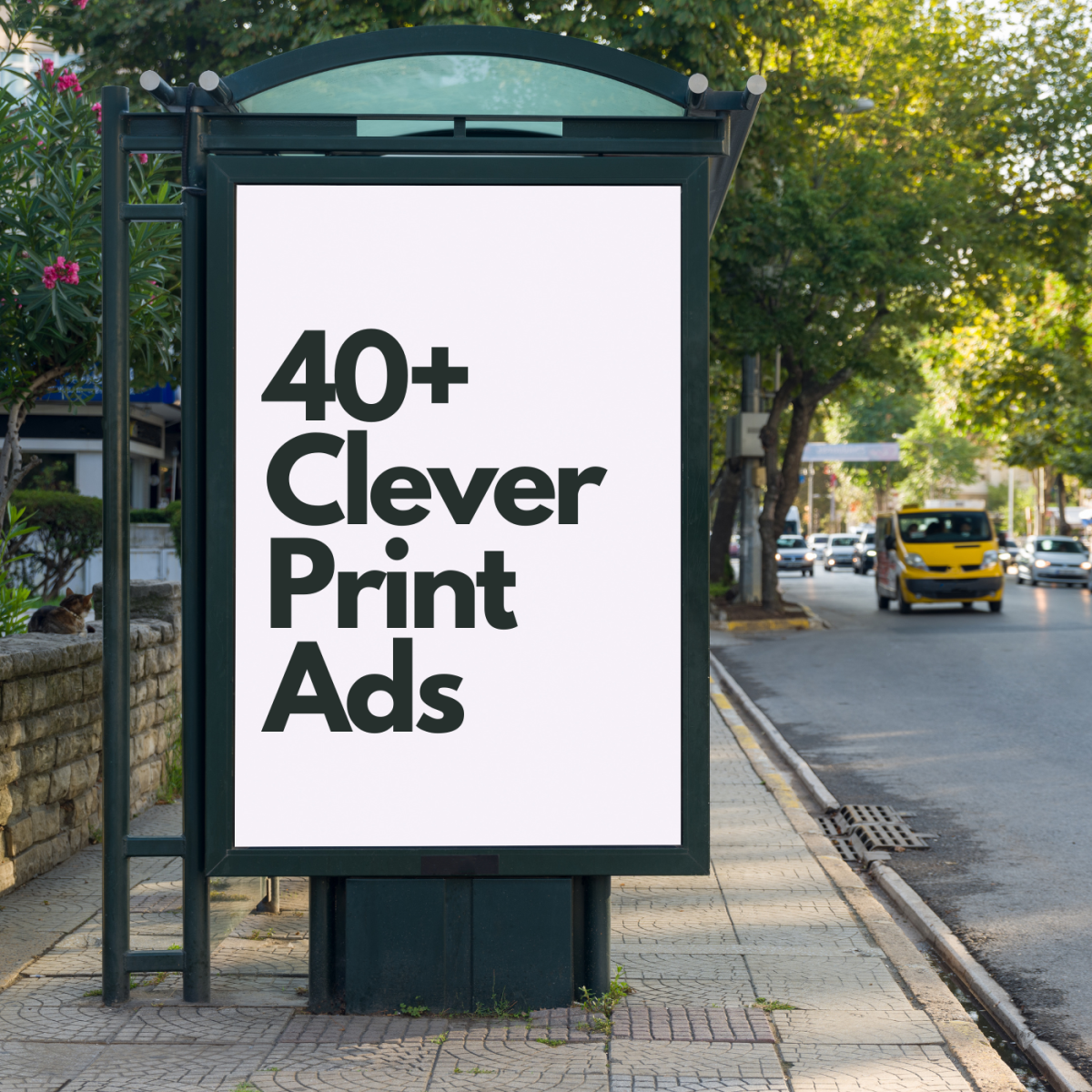What is an Advertising Campaign?

An advertising campaign is the planned buying of advertisements in various media including newspapers, magazines, television, radio,Yellow Pages type directories, Internet advertising and billboards for the purpose of building sales or awareness. Ads are placed for a specific objective and/or period of time, such as for a sales promotion, and have a similar theme and message.
A critical part of any campaign is the measurement of response which can be challenging.
What an Advertising Campaign is NOT
Random placement of ads, even large numbers of them, is not an advertising campaign if they have dissimilar messages and themes or are placed sporadically. Small business owners are particularly prone to this haphazard behavior since their expectations or assessment of results may be unrealistic. This causes them to discontinue or switch advertisement methods quickly, often and mid-campaign.
Advertising can take weeks, months or even years to get results! Patience and persistence pay off.
What is Media Buying?
Choosing the media for an advertising campaign should be based on if it reaches where the target audience is. Target audiences are selected based on the marketing demographics of a business' ideal customer profile. When targeting business-to-business (B2B) customers, business demographics are used.
Media buying, which is the purchase of advertisements, is done by advertisers themselves or by media buyers and advertising agencies on an advertiser's behalf. Media buyers and advertising agencies usually take a commission on the advertising purchased. As well, buyers and agencies may charge for advertisement creation and consulting in addition to the commission.
How Long Does an Advertising Campaign Run?
How long an advertising campaign should run will vary by the type of business and offer. In general, advertisers for businesses that run year-round should plan on at least ONE YEAR of continuous advertising to be able to more accurately assess results. This will help evaluate seasonal variations which, for some businesses, can be dramatic.
While specific promotional advertising and offers may have a limited time period, a continuous advertising presence in key media is recommended throughout the year. Special offers would be featured in the ads during promotion periods or additional advertisements specifically for the promotion could be purchased.
Measuring Advertising Effectiveness
Measuring advertising results and effectiveness is tricky business, even for the pros, but it is exceptionally so for small business owners.
Larger organizations might employ research organizations, such as Nielsen, to measure the reach and effectiveness of advertising. This is costly and out of the budget range of most smaller organizations.
For small business, some basic metrics, monitored regularly, can help provide insight into if advertising is producing sales. Any or all of the following should be monitored:
- Total sales
- Sales for particular products or services
- Number of sales and/or customers
- Number of promotions redeemed
- Traffic (visitors to physical or online locations)
- Number of inquiries received (either for what was featured in the advertisement or total for the business)
As noted earlier, advertising should be run for at least one year to see if there are seasonal or other fluctuations. Usually during the third or fourth quarter of the year (fiscal or calendar), results are reviewed and compared with campaign goals. If it did not achieve the results desired, the following causes should be considered:
- Were the goals unrealistic?
- Could more advertisements or longer time periods generate the desired results?
- Are the advertisements in the right media?
- Do the advertisements have a message that is relevant to the target audience?
Some experimentation with goals, media and messages will be required to find the right mix that produces results. It is recommended that one or very few changes be made, while holding other elements of a campaign constant, so that it is easier to pinpoint weak spots. Then the monitoring process begins again.
This article is accurate and true to the best of the author’s knowledge. Content is for informational or entertainment purposes only and does not substitute for personal counsel or professional advice in business, financial, legal, or technical matters.
© 2013 Heidi Thorne








